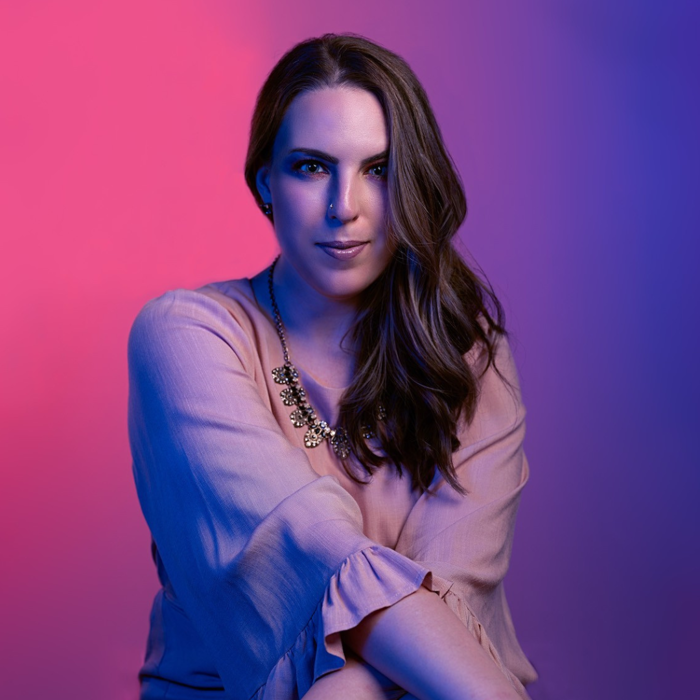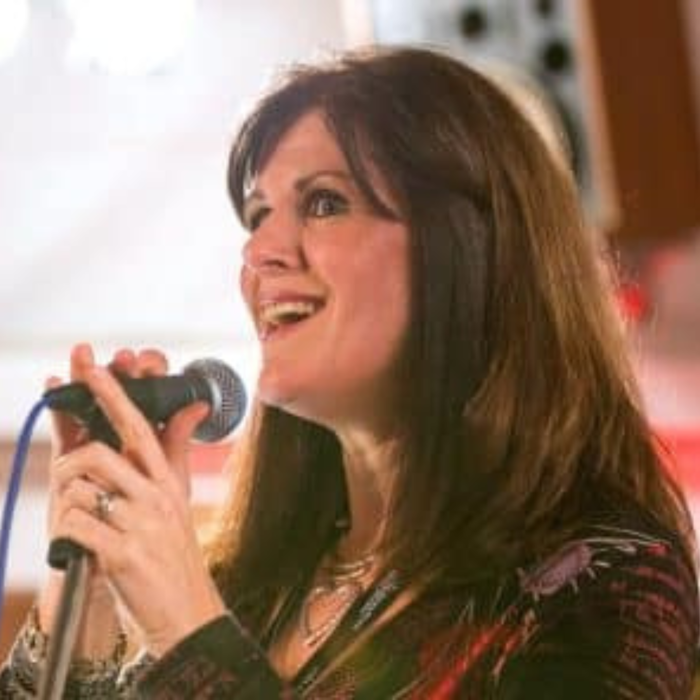The Race of Sound – Why Do We Think We Can Hear Race Vocally?
Thursday 24th October 2024, 5:00 PM - 7:00 PM (London Time)
Why and how do we make assumptions about a person’s race, gender, or age based on the timbre of their voice? Within the context of the United States, we will examine historical precedents for racialized listening to voices as well as contemporary realities, utilizing a framework for critically interrogating the racializing processes embedded in vocal and listening practices. The case studies we will draw on range from classical voices (such as Marian Anderson’s) to jazz (Jimmy Scott) and voice technologies (the vocal synthesis software Vocaloid). In considering the physiological basis for voice, we learn that there are actually no racial markers. And in taking the power of formal and informal voice lessons seriously, we can begin to deconstruct how voices and listening strategies are shaped within a racialized world.
This session will draw from my book The Race of Sound: Listening, Timbre, and Vocality in African American Music (Duke University Press, 2019).
Nina Eidsheim
Nina Eidsheim is the author of Sensing Sound: Singing and Listening as Vibrational Practice and The Race of Sound: Listening, Timbre, and Vocality in African American Music, and co-editor of the Oxford Handbook of Voice Studies and Refiguring American Music.

Attend this course for as little as £22 as part of the Voice Professional Training CPD Award Scheme.
Learn MoreSorry, this is an archived short course...
We have plenty of upcoming short courses coming soon. See details of some of them below or look at the full list of short courses.

Thursday 26th June 2025
5:00 PM - 7:00 PM
Tuesday 1st July 2025
5:00 PM - 7:00 PM
(London Time)
The Contemporary Classical Singer: Incorporating New Music into Vocal Pedagogy!

Page Stephens
There are evolving expectations for vocalists, who now need to perform in a variety of styles beyond traditional classical music. In this two-part course, Page Stephens argues that voice teachers should incorporate contemporary repertoire and techniques into their lessons to help singers grow in expressivity, flexibility, and economic opportunities. The course will cover industry trends, cultural pressures, and economic benefits of contemporary music, and provide tools for integrating new music into vocal education. Interviews with professionals will highlight the strengths and weaknesses observed in the field, and strategies for teaching new music will be discussed.


Wednesday 2nd July 2025
2:00 PM - 4:00 PM
(London Time)
The identity politics of accent learning!

Jenru Wang
Jenru Wang has an MFA in Voice Studies with distinction from The Royal Central School of Speech and Drama in London - in this session, he will begin to explore the complexities accent coaches might face in their work, examining the intersection of language, identity, and cultural sensitivity. Participants will explore how to navigate challenging situations in different contexts and understand what to do—and avoid—when working with diverse clients and materials.


Thursday 3rd July 2025
5:00 PM - 7:00 PM
(London Time)
Vocal “Decathletes” – inside the hidden world of Session Singing!

Kim Chandler
What is a session singer? Officially it’s a freelance, short-term “singer for hire” brought in to be part of a live or recorded musical project. However, it’s more generally understood to be the “behind-the-scenes” singer who is regularly booked for paid recording work. The type of work (and pay) varies a lot. Session singing is a side of the music industry that is largely hidden from the public and isn’t easy to find out much about, even online. Join Kim Chandler as she unpicks this topic, based on 35 years of session singing!
